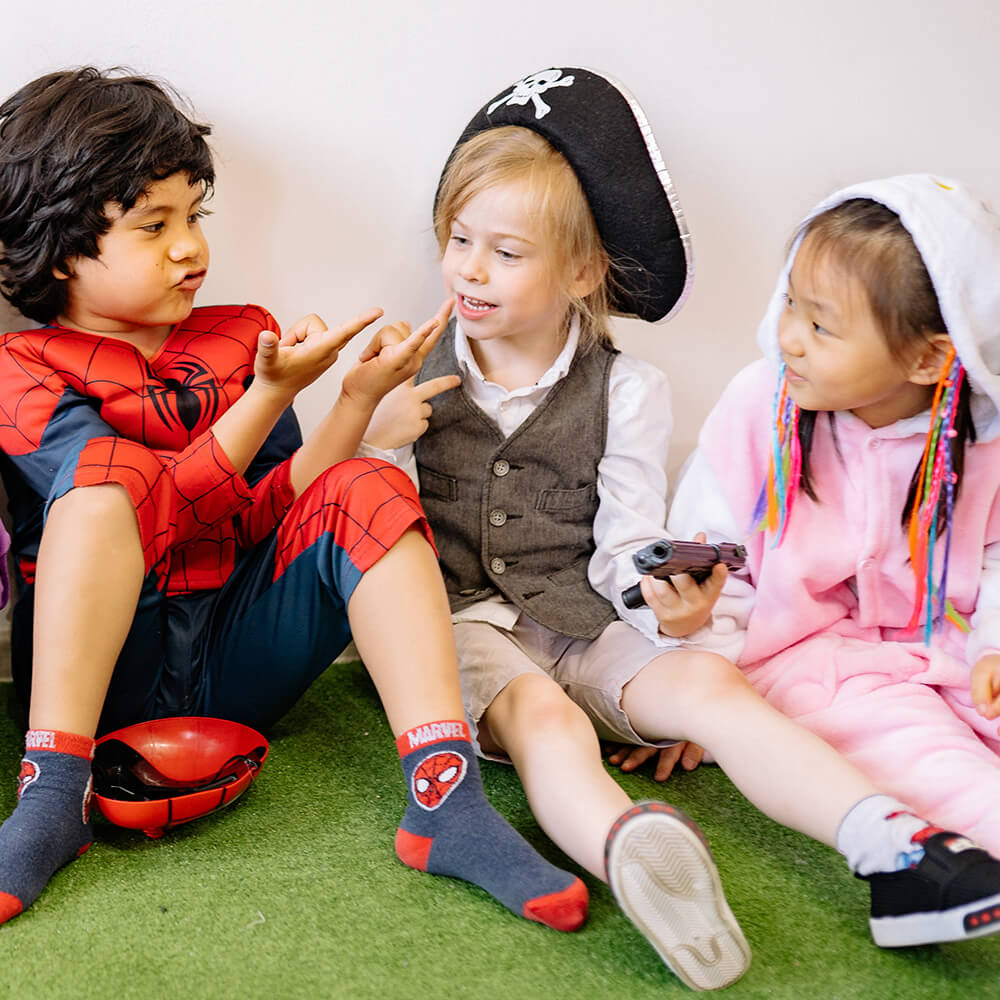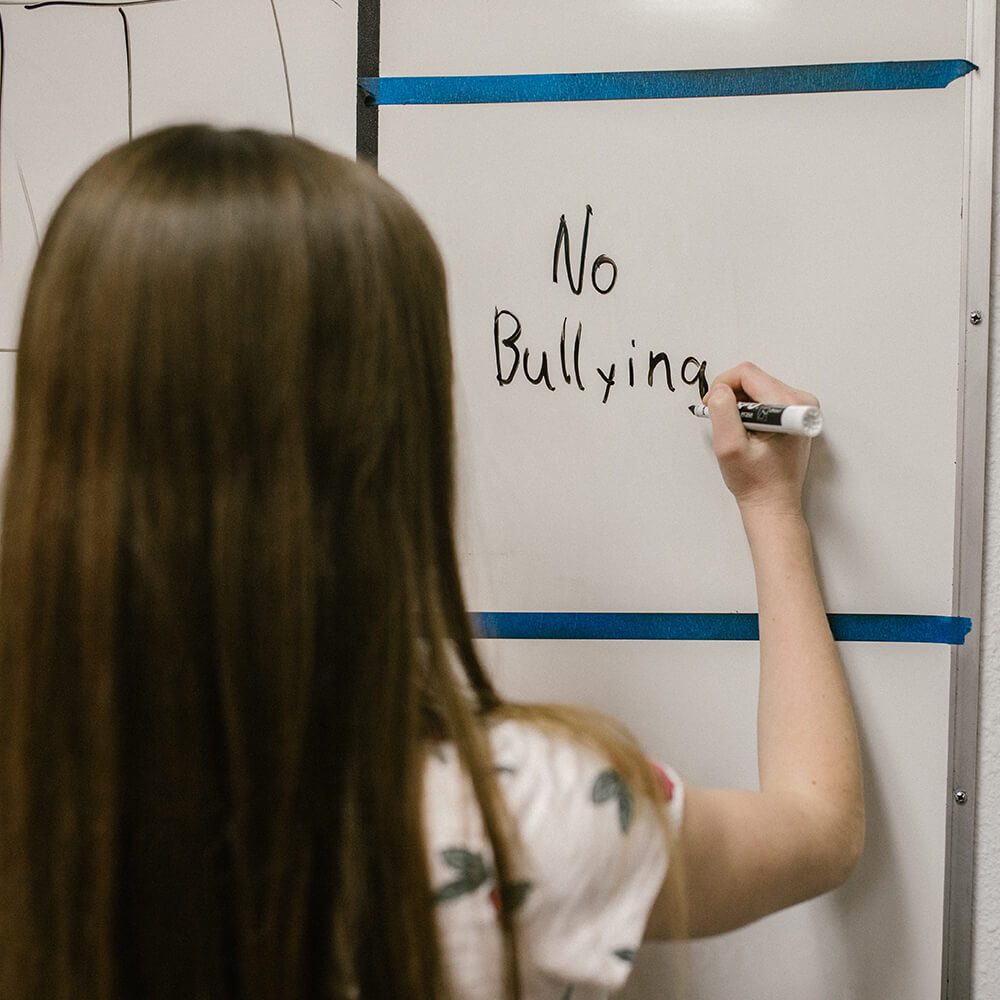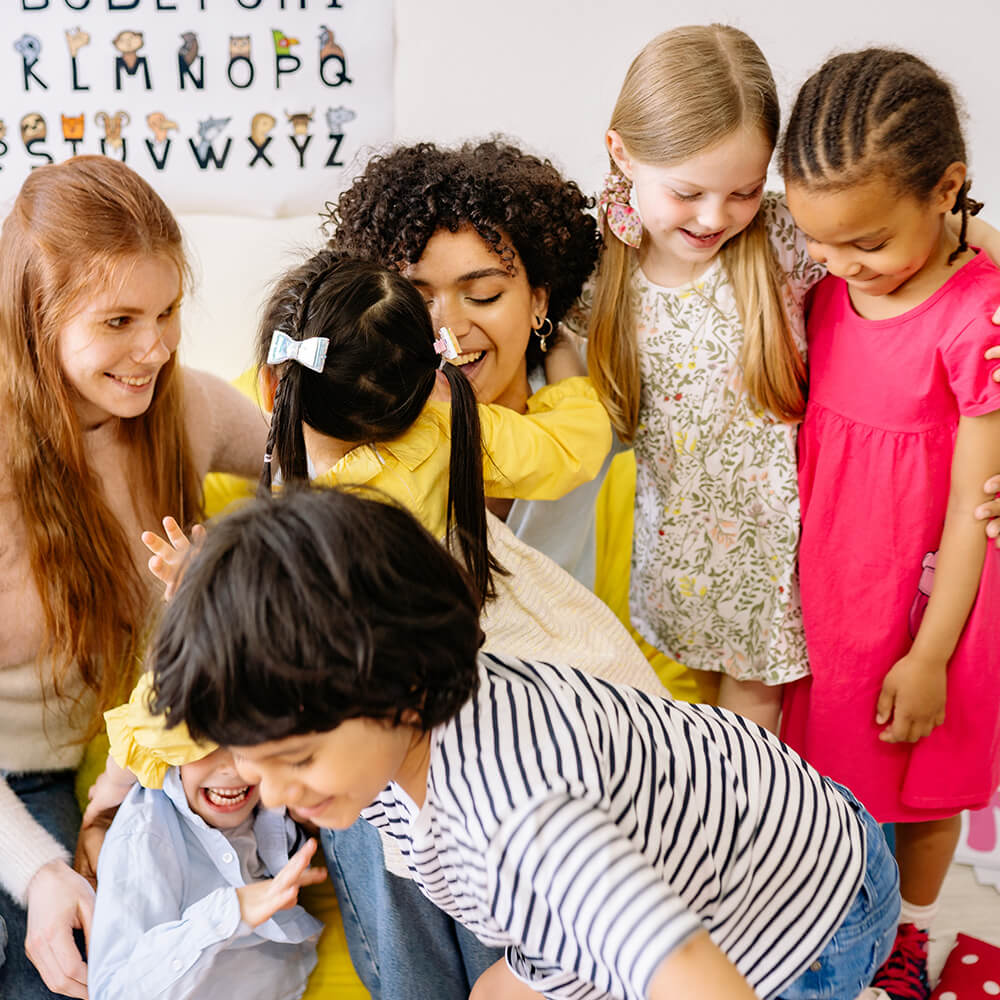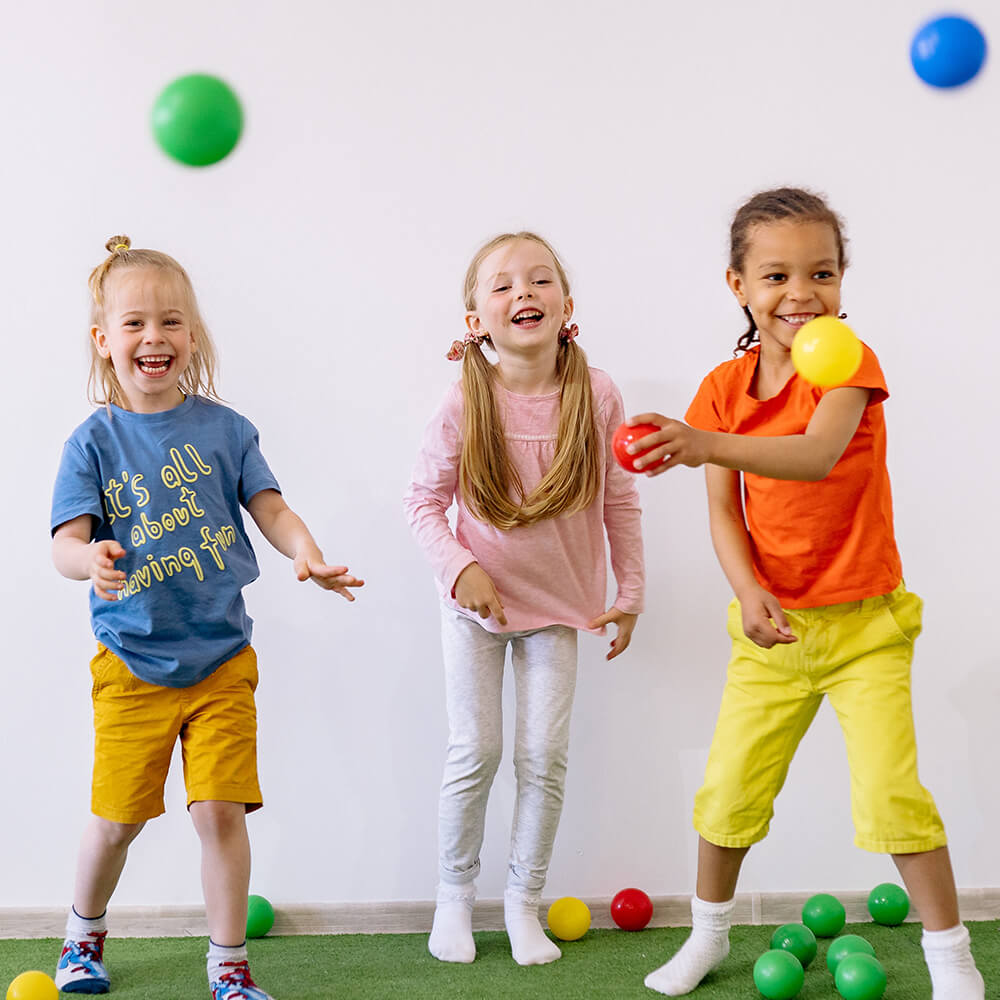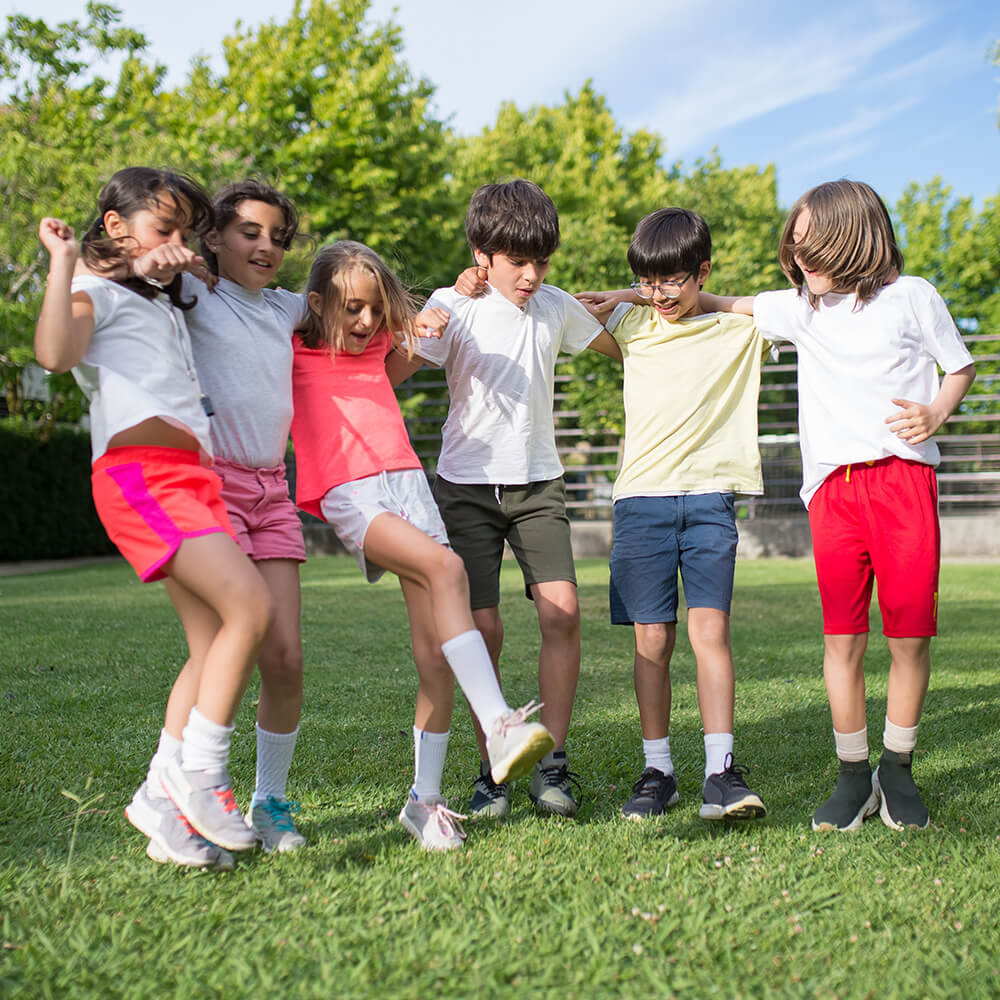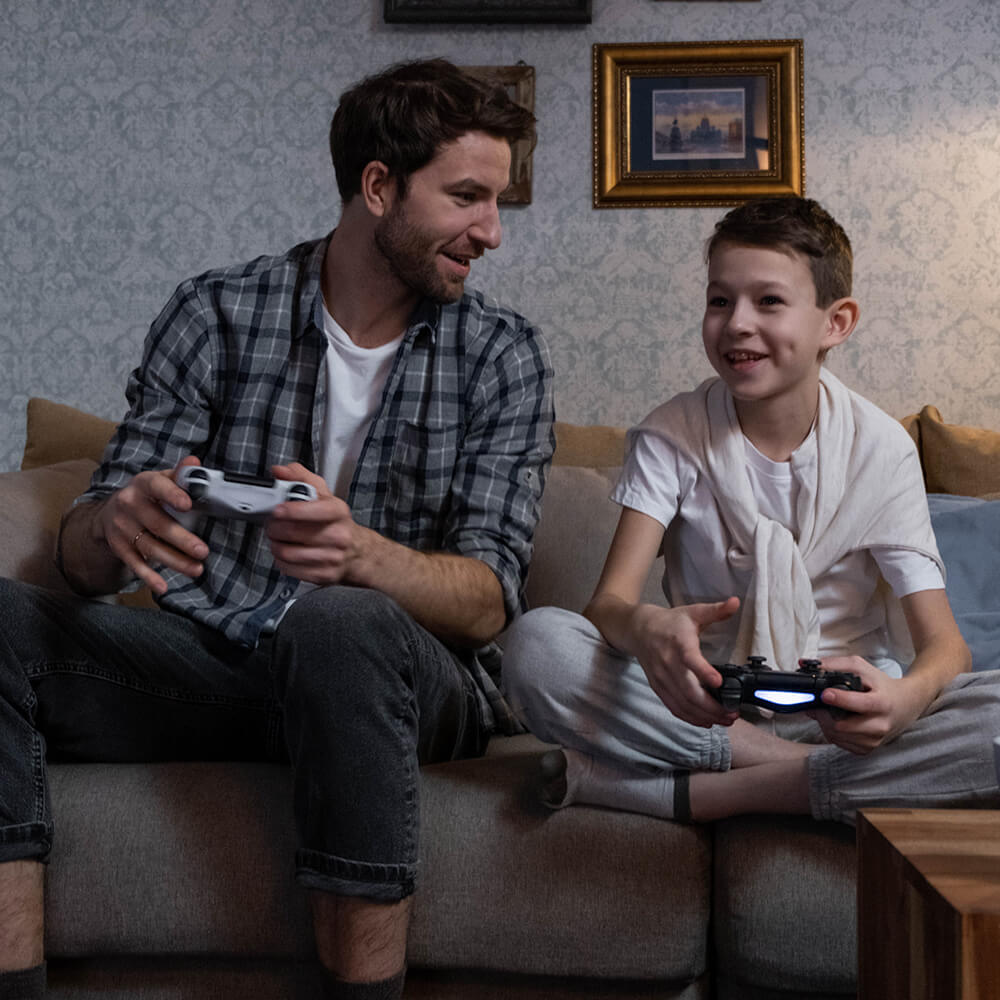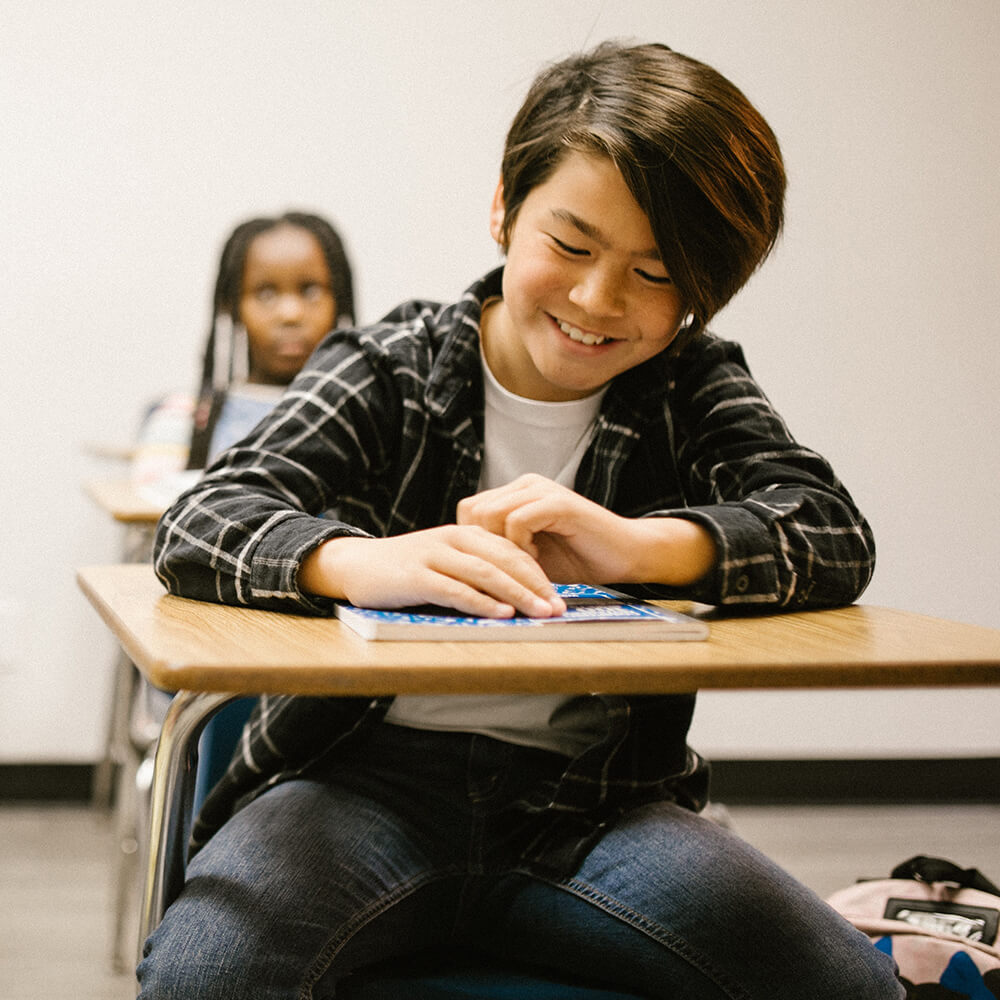
Children leave a lot of these social skills at home, as they interact with their siblings and parents. Showing your child empathy, compromise, conversation skills, sharing and taking turns is the best way to teach them this behavior.
It is important for parents to assist their children. One role parents can take up is of an emotional coach. Talk to your child in a sympathetic way where he will learn to do the same. Use the right balance of authority and practice a child-centered approach where you help him solve problems and teach him how to do it too. This support will help in encouraging independence and self-confidence building. Don’t think your child is too young to learn empathy.
Teach your child to read facial expressions. With a lot of guidance, it will work better for him when he is interacting with others during play. He will be able to tell what his friend is feeling and will be able to act accordingly without a fight or argument coming out.
Friendships give birth to meaningful relationships. This experience alone is of great importance for healthy development. A child who has trouble making friends and keeping friendships will always be riddled with low self-esteem. Help your child every day by being his best friend and role model. Like you, teach him how to build good relationships.
Happy Parenting!













